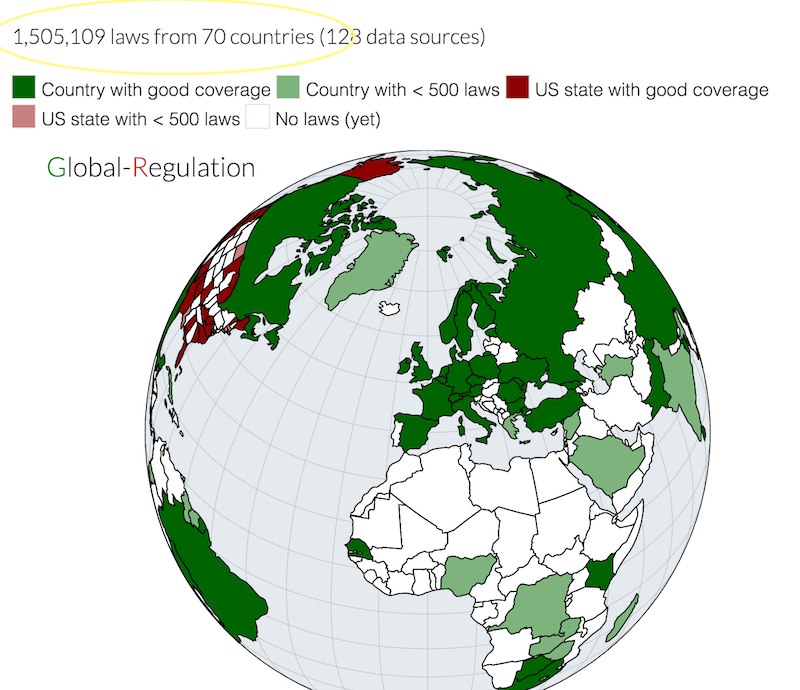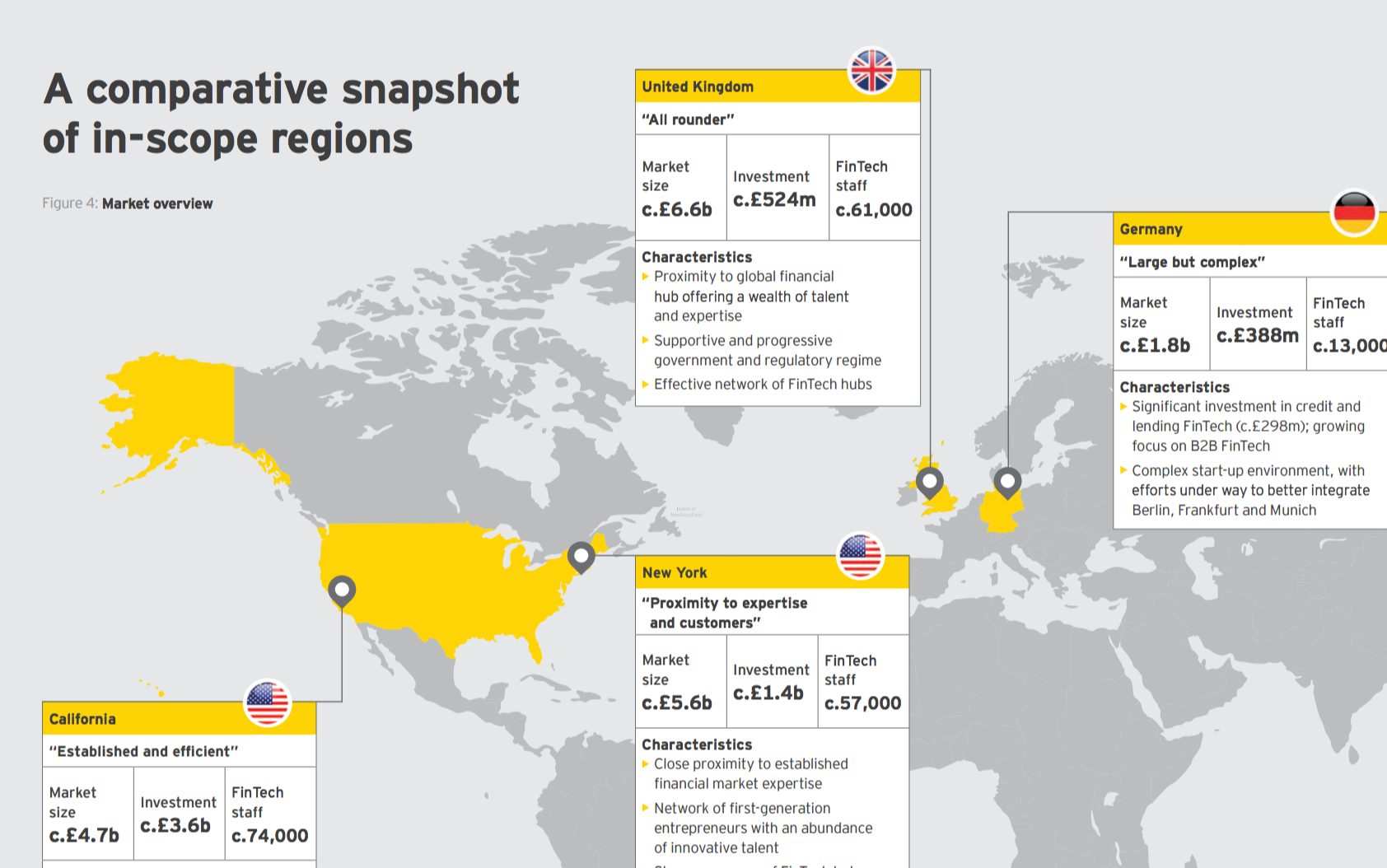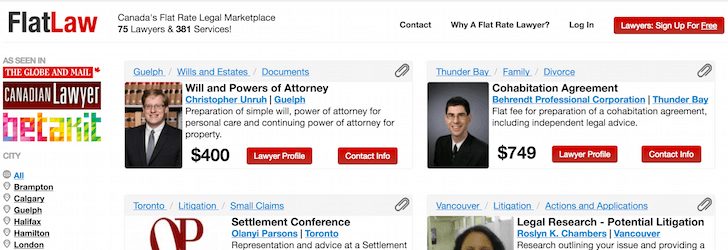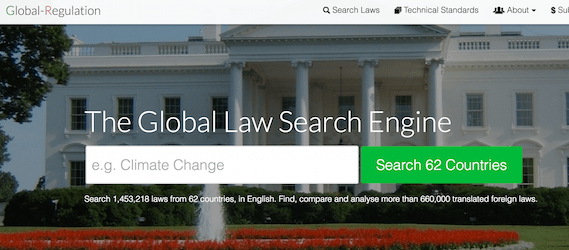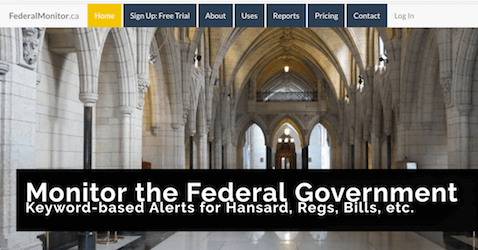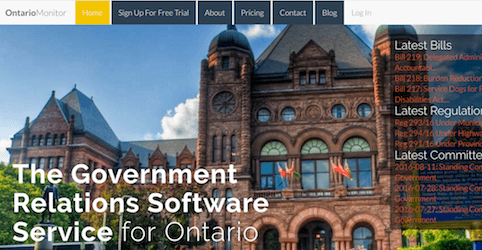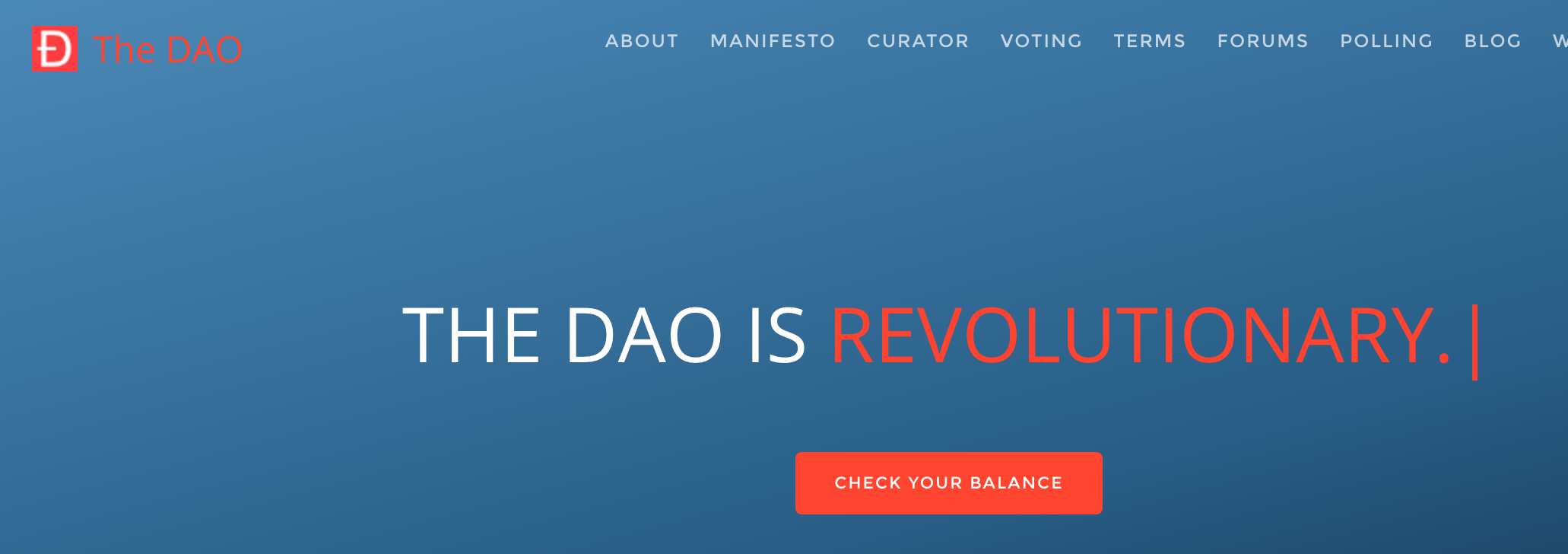Just over a year ago I met Nachshon Goltz. Fast forward today and together we've built the world's most comprehensive global law search engine and implemented a new model for legal search. We run Global-Regulation.com, a law search engine that makes use of machine translation to make laws written in 25 languages searchable in English.
